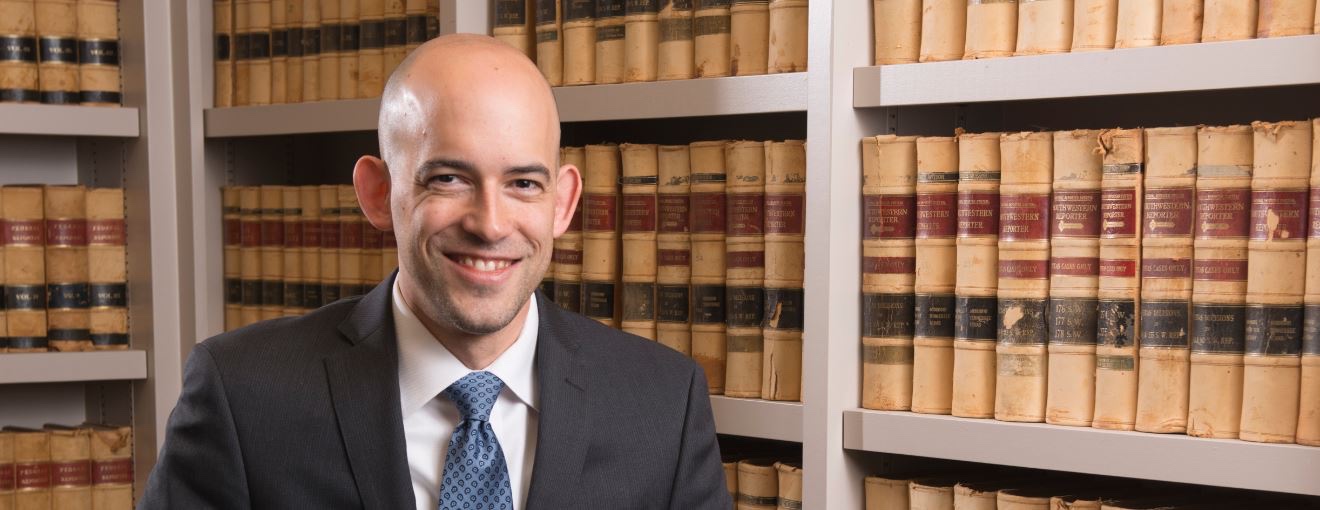You want to start a business.
Sole proprietorship?
LLC?
S Corp?
C Corp?
Limited partnership?
How much risk are you taking on?
How does this affect your taxes?
The McCleskey Law Firm – which has launched thousands of businesses in more than 90 years of practicing law – can help a businessperson make the right choices.
“You should run your business model past an attorney,” said John Shanklin, McCleskey attorney.
That leads to a discussion about risk – legal risk.
“I always have a conversation with people about the legal risk in the business they’re considering,” said Shanklin. “What could happen that would expose your personal assets to liability? What is your appetite for that?”
Someone opening a restaurant will operate with much more legal risk than someone merely investing in a residential property.
“Those are the opposite ends of the spectrum in terms of legal risk,” said Shanklin.
Unfortunately, some attorneys and accountants seem to tell people they need an entity — like a limited liability company (LLC) — no matter what.
“But there should always be some analysis going into that decision, and that analysis is the starting point. Then you get into what type of entity you need,” said Shanklin.
There’s a reason LLC is mentioned a lot.
“My guess is about 90 percent of all companies filed in Texas today are LLCs, maybe more,” said Shanklin, because they’re flexible.
LLCs can work if there’s just one owner of the business or many, and they have very flexible tax treatment.
“There are a few circumstances where a corporation is better and then there are a few very nuanced areas when a limited partnership might be the ticket,” said Shanklin — the decisions follow that initial discussion and analysis.
LLCs also give a business owner four different ways to address taxes.
What happens if you do not elect to form an entity? If you are by yourself, then you’ve chosen a sole proprietorship. If you have a partner, then you’ve chosen a general partnership. In either case, you’ve chosen it simply by doing business. and your personal assets could be at risk.
“That might be completely appropriate for some people,” said Shanklin.
A person buying one residential investment property may be fine as a sole proprietorship, but that may change if they own five homes.
“Maybe that’s when I put a harder sell on setting up an LLC,” he said.
Another consideration is the size of your capital investment in your business. Usually, a business owner wants to protect their personal assets from business liability. But what about the reverse?
“If you’re taking a big chunk of your money to start up a business, it might be a good idea to keep the business assets separate from personal assets in case something in your personal life creates a liability that could expose your capital investment in your business,” said Shanklin.

Brandon Tyler, who owns Progressive Properties and numerous other businesses, is in constant contact with Shanklin.
“There’s not a lot of things I’d do without running it past John,” he said.
Tyler says he counsels a lot of entrepreneurs.
“I tell them you start with a conversation with an attorney. Once you find out Legal Zoom didn’t take care of you and things are set up the wrong way it’s too late,” Tyler said. “They have struggles with structure and accounting and they have pain points. So I tell them to start in John’s office, or if they already have pain points, get it to John.”
He speaks from experience.
Tyler took over a company and found out things we not set up correctly and he was exposed to risk. Shanklin helped him fix the situation.
Tyler leans on Shanklin to help him with entity structure, company agreements – “all the things John does and is an expert on.”
Some people think an LLC provides protection, Tyler said, but in some cases it might expose someone to more risk and Shanklin knows how to pick the right entity and structure.
Besides Progressive Properties, Tyler owns part of Rebus Capital and Shanklin wrote the entire company agreement.
Tyler has 18 different company agreements Shanklin has handled.
“He’s done a bunch,” said Tyler.
Shanklin also changed the structure for Progressive Properties.
“As it got larger the existing structure didn’t work anymore for functionality, liability protection and for tax strategy,” said Tyler.


